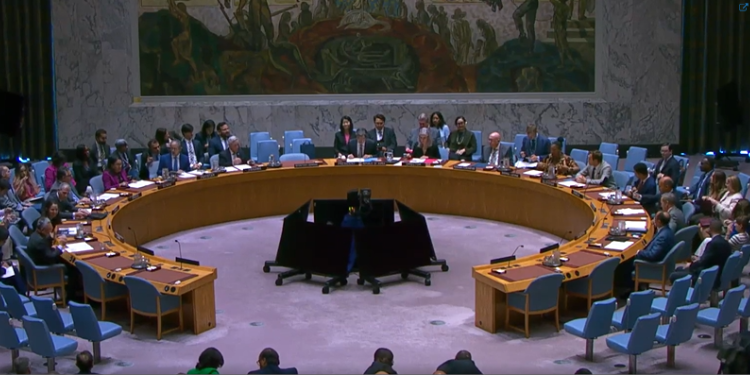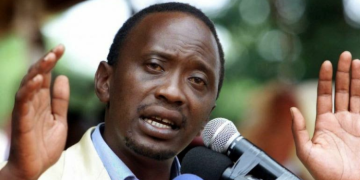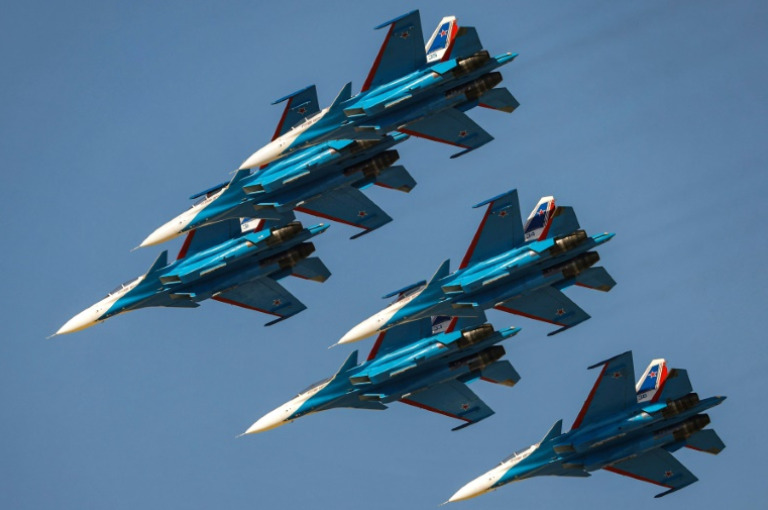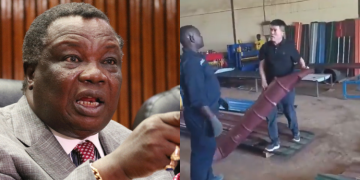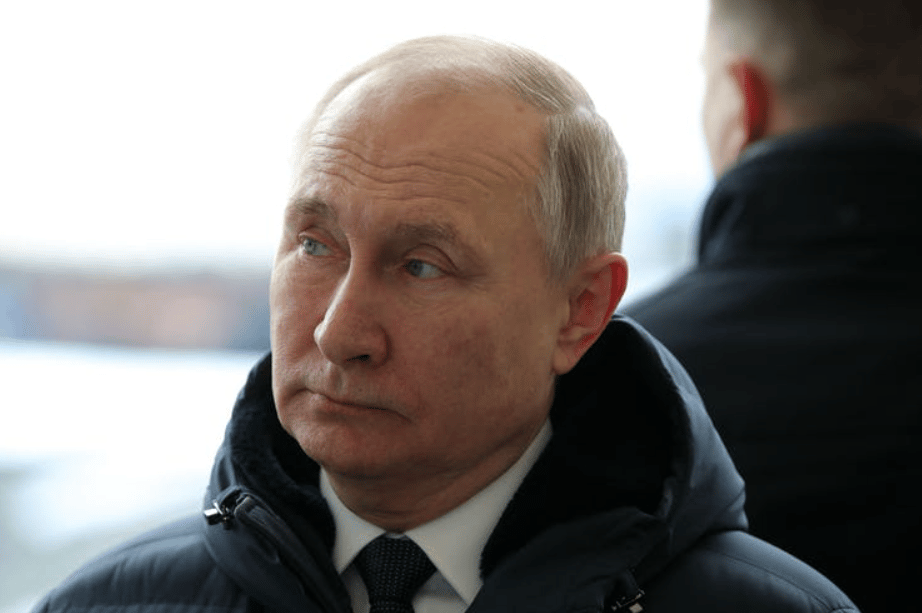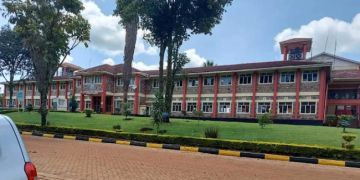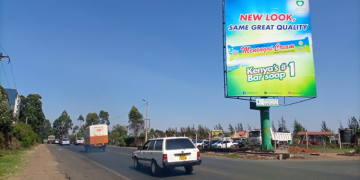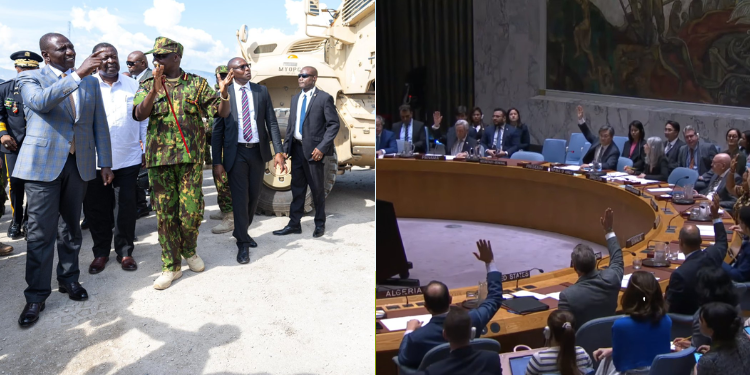The United Nations (UN) Security Council has decided the fate of the Kenyan-led Multinational Security Support (MSS) mission in Haiti.
The UN Security Council on Tuesday, September 30, backed a resolution authorising the transition of the Kenyan-led support mission for Haiti into a new Gang Suppression Force (GSF), in close cooperation with Haitian authorities.
This resolution will now see the new GSF replace the MSS mission amid escalating gang violence, widespread rights abuses and a humanitarian emergency affecting all aspects of life in the island nation.
The resolution – co-penned by Panama and the United States and backed by dozens of countries in the region and beyond – was adopted by a vote of 12 in favour, with three abstentions from China, Pakistan, and Russia.
United States Ambassador Michael Waltz said it offered new hope for the country’s future as “a key first step” to address the humanitarian and security crisis there.
How the Gang Suppression Force, replacing the Kenyan-led MSS mission, will work
Under an initial 12-month mandate, the GSF will work in close coordination with the Haitian National Police (HNP) and the Haitian armed forces to conduct intelligence-led operations to neutralise gangs, provide security for critical infrastructure, and support humanitarian access.
The 5,550-strong force will also protect vulnerable groups, support the reintegration of former fighters, and help strengthen Haitian institutions.
“The Multinational Security Support (MSS) mission, authorised by the Security Council in October 2023, faced chronic underfunding, insufficient personnel, and limited operational capacity, making it difficult to contain gangs that now control large parts of the capital, Port-au-Prince,” said the United Nations.
“While the MSS enabled the HNP to regain access to some areas and infrastructure, it struggled to match the scale of the crisis. Kenya, which led the MSS, also backed the new mechanism.”
Also Read: NPS Finally Confirms Death of Kenyan Police Officer in Haiti
Haiti is facing nearly 1.3 million internally displaced people, rising kidnappings, widespread sexual violence, and gangs that control large areas of the capital.
Introducing the text in the Council, Ambassador Eloy Alfaro de Alba of Panama emphasised the urgency of international support.
“Since last year, this Council has requested the Secretary-General to put forward recommendations to address the multidimensional crisis in Haiti… Haiti is facing an unprecedented, multi-dimensional crisis that requires our decisive attention,” he said.
He urged all Security Council members to support the initiative, stating that doing so would “send a clear message to Haiti – you are not on your own.”
UN Support Office in Haiti
The resolution also tasks the Secretary-General to establish a UN Support Office in Haiti (UNSOH) to provide logistical and operational support to the GSF, HNP and Haitian armed forces, including rations, medical care, transportation, strategic communications and troop rotation.
UNSOH will also support the Organization of American States’ SECURE-Haiti project and ensure compliance with international human rights standards. The United States, a sponsor of the resolution, highlighted the scale of the new mission.
Ambassador Mike Waltz said that the MSS mission lacked the scale, scope and resources needed to take the fight to the gangs and restore a baseline of security in Haiti.
“Today’s vote sets that right. With this vote to transform the MSS mission to the new Gang Suppression Force, a mission five times the size of its predecessor and with a strengthened mandate to go after the gangs,” he noted.
“The international community is sharing the burden and living up to its promise to help Haiti turn the tide. It offers Haiti the chance to assume responsibility for its own security.”
Also Read: Trump Administration Issues Way Forward on Ruto’s Haiti Mission
UN Security Council stresses “Haitian government ultimately responsible”
The Security Council stressed that Haiti’s government retains “primary responsibility” for national security and governance reform, including tackling corruption, illegal arms flows and the recruitment of children by gangs.
Notably, the GSF is intended to support Haitian authorities while creating conditions for the country to gradually assume full security responsibility.
The decision to transform the MSS mission to the GSF marked “a decisive turning point” in one of the most serious challenges in Haiti’s already turbulent history, the country’s ambassador said after the vote.
While the MSS mission has been “a valuable support and a strong signal of international solidarity”, Ambassador Pierre Ericq Pierre stressed that “the reality on the ground has reminded us that the scale and sophistication of the threat far exceeds the mandate initially granted to this mission.”
As the Security Council granted a stronger, more offensive and more operational mandate, “it is giving the international community the means to respond to the gravity of the situation in Haiti,” he added.
Follow our WhatsApp Channel and X Account for real-time news updates.
